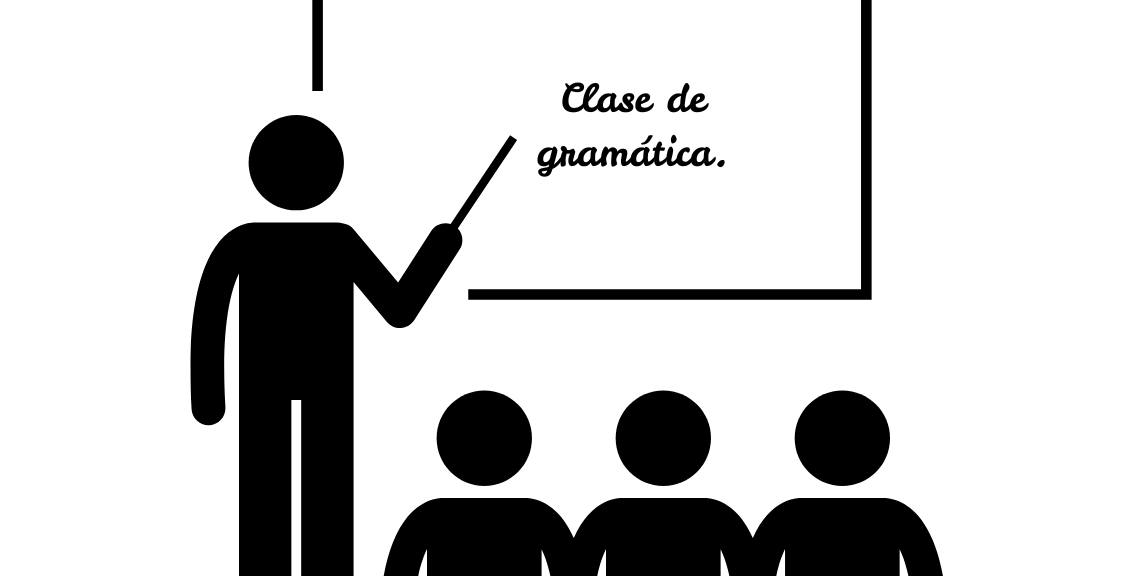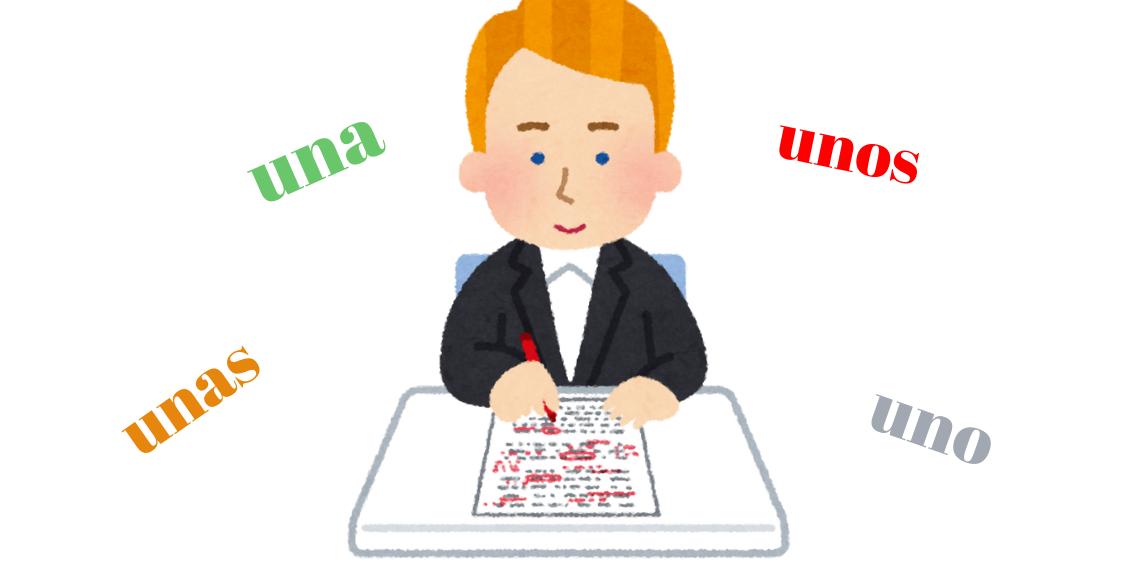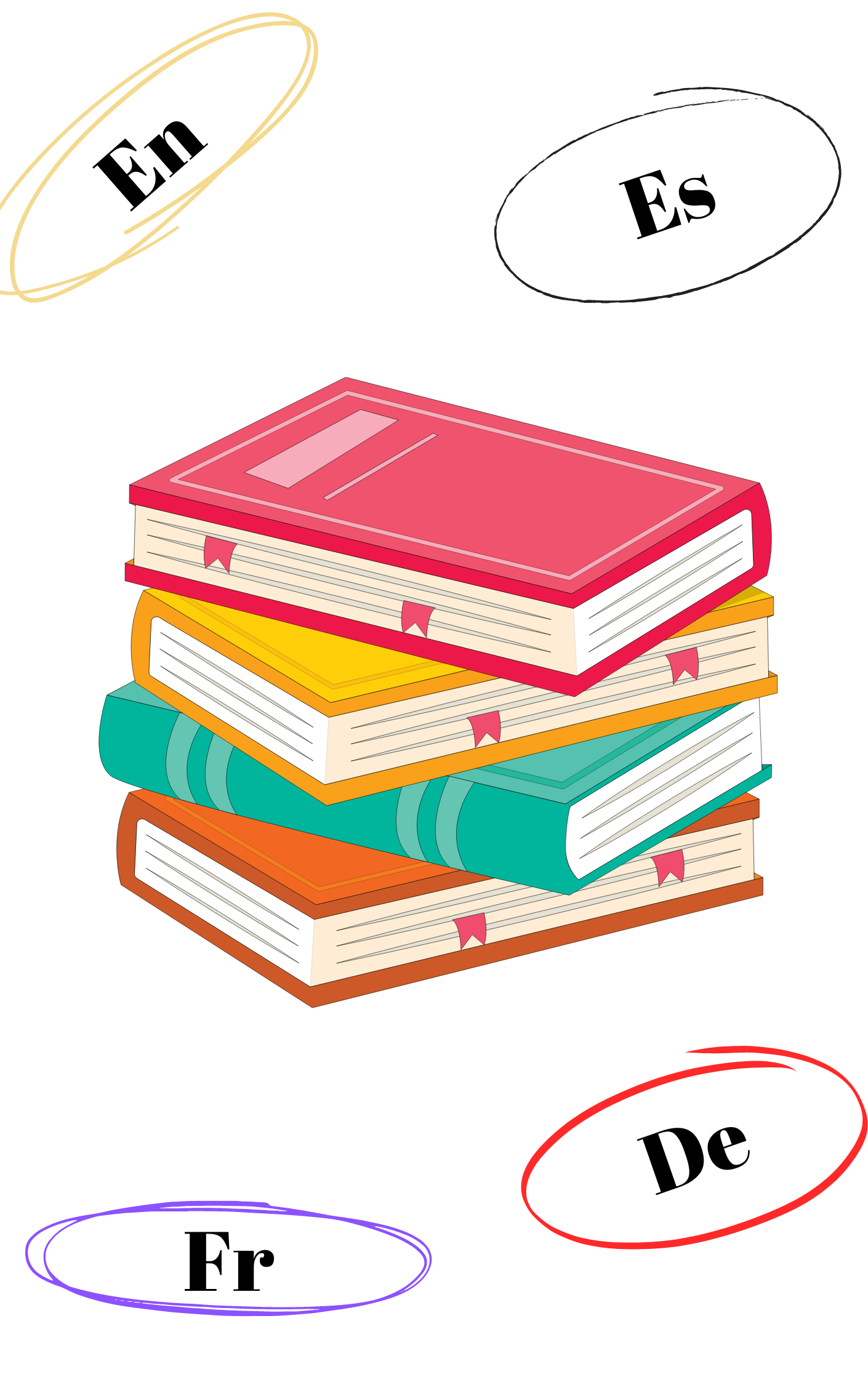La casa que compré es grande: the relative pronouns que, quien, and cuanto
elative pronouns are words that introduce subordinate clauses, called relative clauses, in relation to a noun, the so-called antecedent, avoiding the repetition of nouns. These pronouns, by connecting with the antecedent, that is, with the noun they refer to, allow us to introduce more information about it or identify it specifically. In Spanish, relative pronouns can be simple or complex. In this article, we will focus on the simple relative pronouns, which are que, quien, and cuanto.
The relative pronoun que is the most commonly used and versatile in Spanish. It can refer to people, animals, or things. It does not change form according to the grammatical gender and number of the noun. It is placed in the sentence after the antecedent, that is, the noun it refers to, and introduces the subordinate clause. Let’s see some examples.
Compré un libro. El libro es interesante. I bought a book. The book is interesting.
El libro que compré es interesante. The book that I bought is interesting. El libro es the antecedent about which information is added: es interesante.
Los estudiantes asistieron a la clase. Los estudiantes aprendieron mucho. The students attended the class. The students learned a lot.
Los estudiantes que asistieron a la clase aprendieron mucho. The students who attended the class learned a lot. It is the same case: in the subordinate clause, information is added about the antecedent los estudiantes.
Yo soy profesor. Un profesor se dedica a enseñar. I am a teacher. A teacher is dedicated to teaching.
Un profesor es una persona que se dedica a enseñar. A teacher is a person who is dedicated to teaching. In this case, in the subordinate clause, we introduce the definition of profesor.
In the case of nouns that have already been mentioned, the relative que can be accompanied by el, los, la, las, or lo, without forming a complex relative, something we will see in another article.
¿Cuál es tu coche? What is your car?
El que está en la esquina. The one that is on the corner.
¿Cuál es tu maleta? What is your suitcase?
La que tiene ruedas. The one that has wheels.
In the case of lo, we use it with abstract nouns.
Lo is used to refer to an idea, a suggestion, a previous statement, etc.
Lo que necesito son unas buenas vacaciones. What I need is a good vacation.
Lo que dijiste sobre mí es una mentira. What you said about me is a lie.
The relative pronoun quien is used exclusively to refer to people. It has a plural form, quienes, and unlike que it can be used without an explicit antecedent. When there is an explicit antecedent, because it refers to people, it is preceded by the prepositions con or a when the noun it refers to is not the grammatical subject. Let’s look at examples.
Mi profesor es quien me enseñó esto. My teacher is the one who taught me this.
La chica con quien hablaste es de Madrid. The girl with whom you spoke is from Madrid.
El hombre a quien ayudé está muy agradecido. The man to whom I helped is very grateful.
Mis profesores son quienes me enseñaron esto. My teachers are the ones who taught me this.
Las chicas con quienes hablaste son de Madrid. The girls with whom you spoke are from Madrid.
Los hombres a quienes ayudé están muy agradecidos. The men to whom I helped are very grateful.
As seen in the examples, quien agrees in number with the adjective it refers to. As mentioned earlier, it can also be used without an explicit antecedent.
Quien te quiere no te lastima. Who loves you does not hurt you. We don’t know which person quien refers to.
Quienes deseen participar del concurso deben inscribirse antes del próximo Viernes. Those who wish to participate in the contest must register before next Friday. We don’t know which people will wish to participate.
The relative pronoun “cuanto” refers to the quantity of the noun it refers to and agrees with it in grammatical gender and number. Its forms are cuanto (masculine, singular), cuanta (feminine, singular), cuantos (masculine, plural), and cuantas (feminine, plural). More than indicating quantity, it expresses totality and can be replaced by, for example, todo lo que, todas las que, etc. Its singular forms generally refer to uncountable nouns, while the plural forms refer to countable nouns. Let’s see some examples.
Tomó cuanto pudo. Todo lo que pudo. He took as much as he could. Everything he could. We use lo because the antecedent is not explicit, and lo is a neuter pronoun.
Compré cuanto aceite había. I bought as much oil as there was.
Todo el aceite que había. All the oil.
Compraré cuantos libros me recomienden. I will buy as many books as you recommend to me. Todos los que me recomienden. All those you recommend to me.
Los agujeros negros absorben cuanta luz haya a su alrededor. Black holes absorb as many light as there’s around them. Toda la luz. All the light.
Te daré cuantas explicaciones necesites. I will give you as many explanations as you need. Todas las que necesites. All you need.
The beginning of my journey as someone who wants to teach Spanish as a foreign language started by learning German. The grammar of German is so difficult that, to progress faster, I came up with the idea of starting to study the grammar of Spanish, my own language, because I thought that by understanding concepts beyond the fact that they are different languages, I would be able to progress faster. And I have to say that I was right. I advanced much faster with my German, even though I still don’t speak it perfectly. One thing I began to understand is that many times what complicates our lives when learning a language are little words like the ones we’ve seen in this article. So, if you are reading the Spanish version of this article and you are a native speaker of one of the other languages in which I write this blog, or if your language skills in one of them are better than in Spanish, I recommend that you read that version in this case. Comparing the sentences in one language and the other will help you understand this topic more easily. And, this is based exclusively on my personal experience as someone who learns foreign languages, if you want to progress faster in your learning, review grammar concepts from your own language or languages. It helps a lot. Again, thank you for reading, here are exercises to practice this topic, and if you have something to tell me, feel free to write me.






Leave a Reply